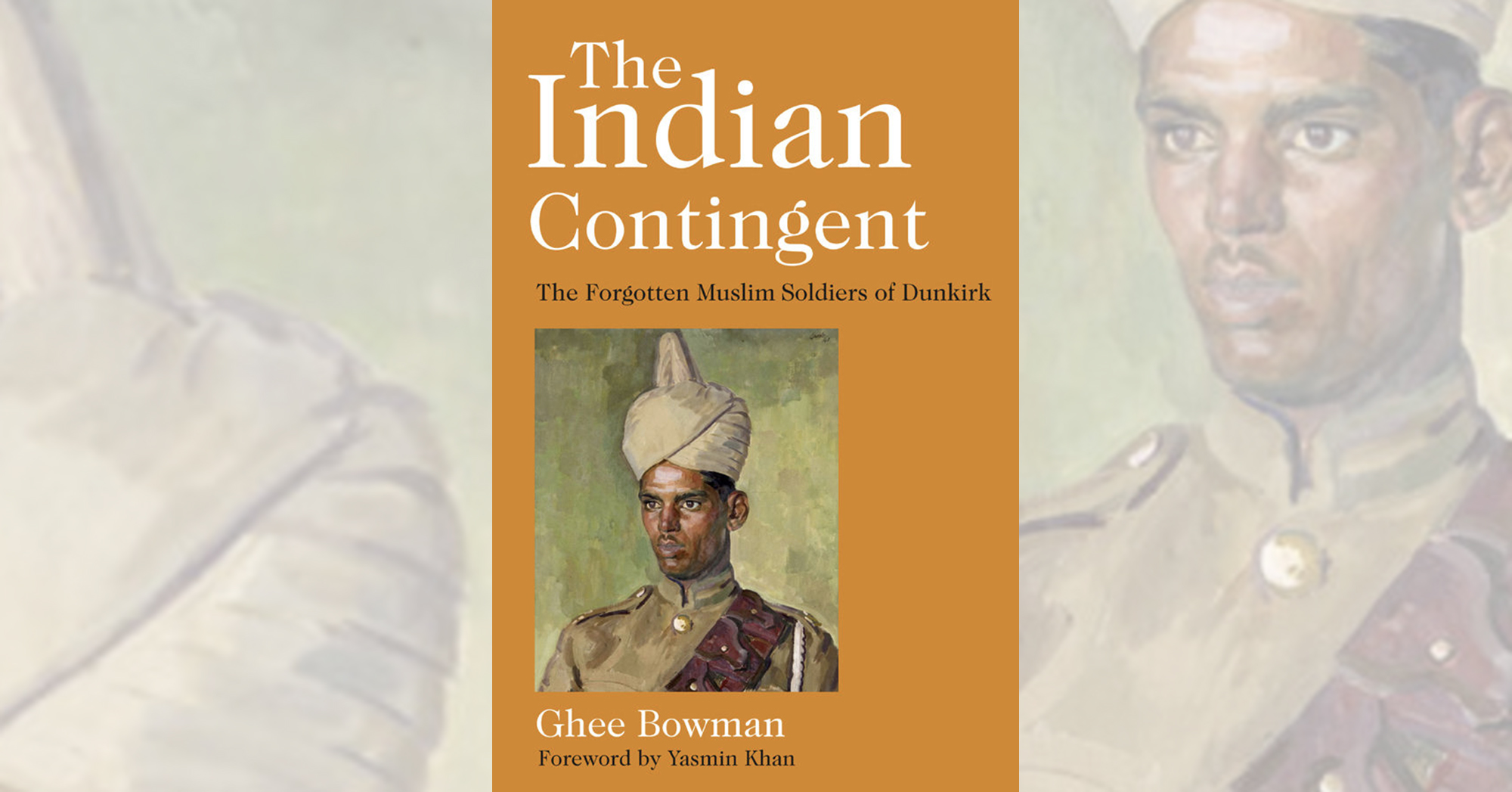The Indian Contingent: The Forgotten Muslim Soldiers of Dunkirk, by Ghee Bowman, The History Press, Cheltenham, U.K., 2020, $34.95
This intriguing if overlooked story begins on May 29, 1940, when 300 Indian soldiers under Maj. Mohammed Akbar Khan, a World War I veteran, were evacuated from Dunkirk. Survivors of the 25th Animal Transport Company of the Indian Army Service Corps, they were part of Force K6 (aka the Indian Contingent), who together with their mules had reached France from India in December 1939.
More than 1,000 other troops from Force K6, including the staff and patients of the Indian General Hospital, would evacuate by ship from western France. At least 10 successfully escaped from German captivity—first Jemadar Jehan Dad, who on reaching Britain via Spain and Gibraltar was presented with an MBE by King George for his exploits. Others included Buland Khan and Shah Zaman, whom French resistance operators helped escape to Britain.
Those of the Indian Contingent successfully evacuated in 1940 were distributed among garrisons across Britain, none more remarkable than those on Steep Holm, a onetime smugglers’ haunt in the Bristol Channel, strategically placed to defend the sea-lanes to Avonmouth and Cardiff. Ten men and a dozen mules provided transport up the steep cliff track to the garrison, which delighted in the curried mutton provided by the Indians.
Subhas Chandra Bose, the bespectacled Bengali nationalist who urged armed struggle and civil disobedience as a means of ending British rule in India, had arrived in Berlin in 1941 and begun to recruit dissidents from among the Indian POWs. Perhaps as many as 30 men of the 22nd Company joined the Indian Legion.
Ghee Bowman’s first book, The Indian Contingent is the culmination of five years of research. It is fortunate for readers he has chosen a facet of World War II that has been almost wholly forgotten, at least in the Western world.
—David Saunders
This post contains affiliate links. If you buy something through our site, we might earn a commission.





